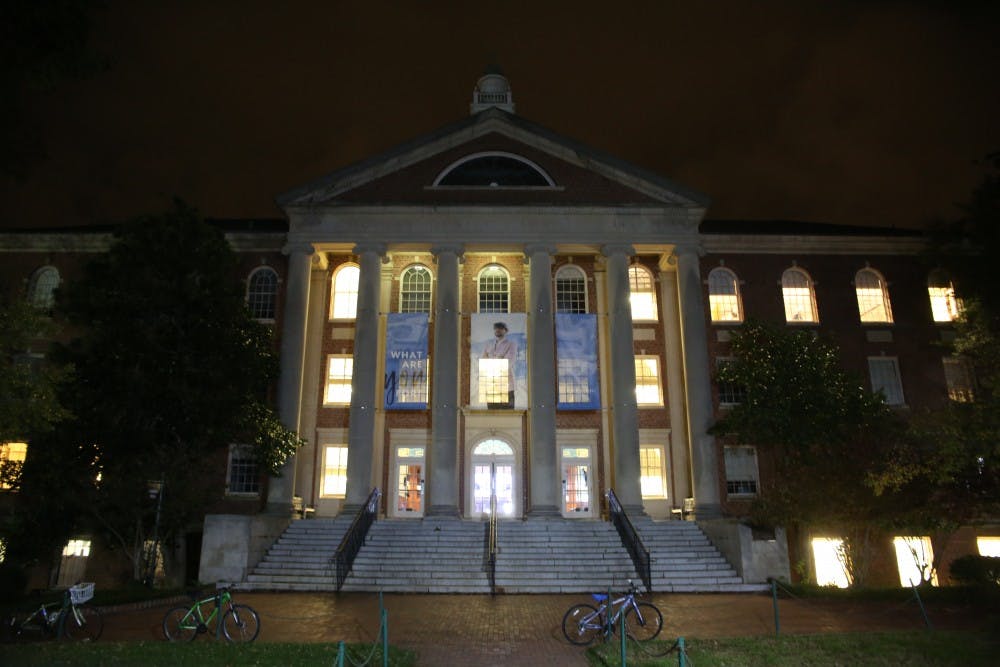Tuesday marks UNC's tenth First Amendment Day, an annual celebration and discussion about the First Amendment and its role on college campuses.
On a campus facing fierce debate on the Silent Sam monument, organizers feel the importance of the First Amendment and its celebration is stronger than ever.
First Amendment Day began at UNC in 2009 under the direction of former media law professor Cathy Packer as part of a grant project from the Freedom Forum. In the ten years since the celebration's original foundation, David Ardia, co-director of the UNC Center for Media Law and Policy, believes the emergence of new technology has created changes to how the First Amendment is viewed.
“People have very strongly held views around issues that sometimes come in conflict, and it's hard to deal with those sometimes, even when the person is right there next to you,” Ardia said. “You see them as a human being sharing space with you. And those challenges become exponentially more difficult when the other person is not anywhere near you and it's much easier to see them as not being a human being and affording them the same rights of respect and opportunities for civil discourse.”
First Amendment Day aims to plant a seed in students to keep in mind how important the First Amendment is no matter where one’s political leanings are, Ardia said.
“As one party takes control of government, they tend to seek to suppress the opposing views, and then when power changes the next party comes in and does the same thing,” Ardia said. “So the First Amendment's not political. It doesn't benefit one political party or another. It doesn't really benefit one ideology or another. And in that sense, it's really a universal set of values that we ought to uphold whether they're working in our favor at the moment or not.”
Tori Ekstrand, co-director of the UNC Center for Media Law and Policy, said the University’s debate over Silent Sam requires an environment in which all stakeholders feel engaged in the solution process.
“There's some delicate balancing we have to go on between not erasing history, because history's a really important part of what the First Amendment looks to protect, but also not creating an environment for which threat is a constant worry,” Ekstrand said.
Cody Johnson, a panelist in the Public Art, Public Memorials and the First Amendment discussion and a member of UNC College Republicans, said he thinks the line between free speech and mob rule was crossed when demonstrators toppled the Silent Sam monument on Aug. 20.




